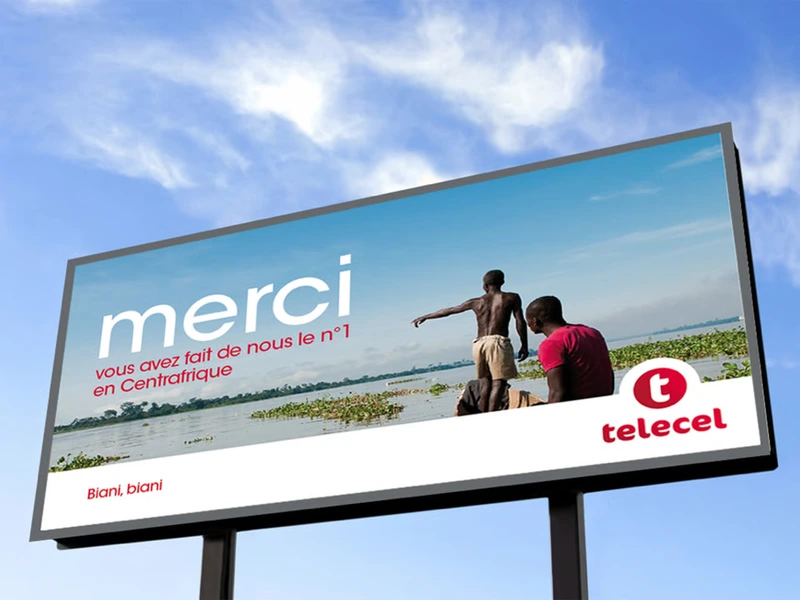- Telecel Centrafrique CEO stresses need for inclusive digital growth in Davos.
- Company eyes AI to boost sustainable telecom innovation across Africa.
Telecel Centrafrique: Role at the world economic forum
Telecel Centrafrique made its presence felt on the global stage as CEO Malek Atrissi joined the World Economic Forum in Davos to address the intersection of artificial intelligence and sustainable development. He emphasised that digital inclusion must be central to the evolution of telecoms in Africa. Atrissi told the audience that innovation must not widen the divide but instead help bridge the access gap that persists in many parts of Central Africa. As the region continues to face infrastructure challenges, his message focused on AI’s potential to enable smarter, more equitable service delivery models.
Telecel Centrafrique, operating under the broader Telecel Group umbrella, has increasingly used platforms like the WEF to showcase its strategic vision. The company aims to combine sustainable practices with emerging technologies to advance digital transformation. Through its investments in mobile infrastructure and data services, it supports local development goals while also aligning with global sustainability benchmarks. As Atrissi made clear, their goal is not only to grow but to do so in a way that builds lasting value for communities and reduces environmental impact.
Also Read: DT taps IBM’s AI to speed up security patching
Also Read: Authors sue Microsoft over AI training using their books
Telecel Centrafrique: Confronts infrastructure gaps with AI and startups
Telecel Centrafrique operates in a tough market, where network coverage is limited, and access to digital tools remains a challenge for many. The Central African Republic continues to lag behind regional peers in mobile internet usage and broadband reach. These gaps in connectivity reflect broader issues, such as regulatory hurdles and limited infrastructure investment, that have long plagued the telecom industry in the region. Telecel’s approach to tackling these challenges involves a combination of service expansion and targeted innovation, supported by group-wide initiatives that encourage startup engagement and social impact.
The company has taken steps to improve mobile financial services, extend 4G reach, and explore AI to boost network performance. Its involvement in the Africa Startup Initiative Program has helped identify and support young entrepreneurs focused on solving regional problems with technology. At the same time, Telecel Centrafrique continues to pilot AI-based tools that enhance spectrum use and network reliability. These innovations, while still developing, show how the company hopes to evolve from a traditional telecom provider into a platform that fosters digital opportunity and long-term sustainability across the continent.

